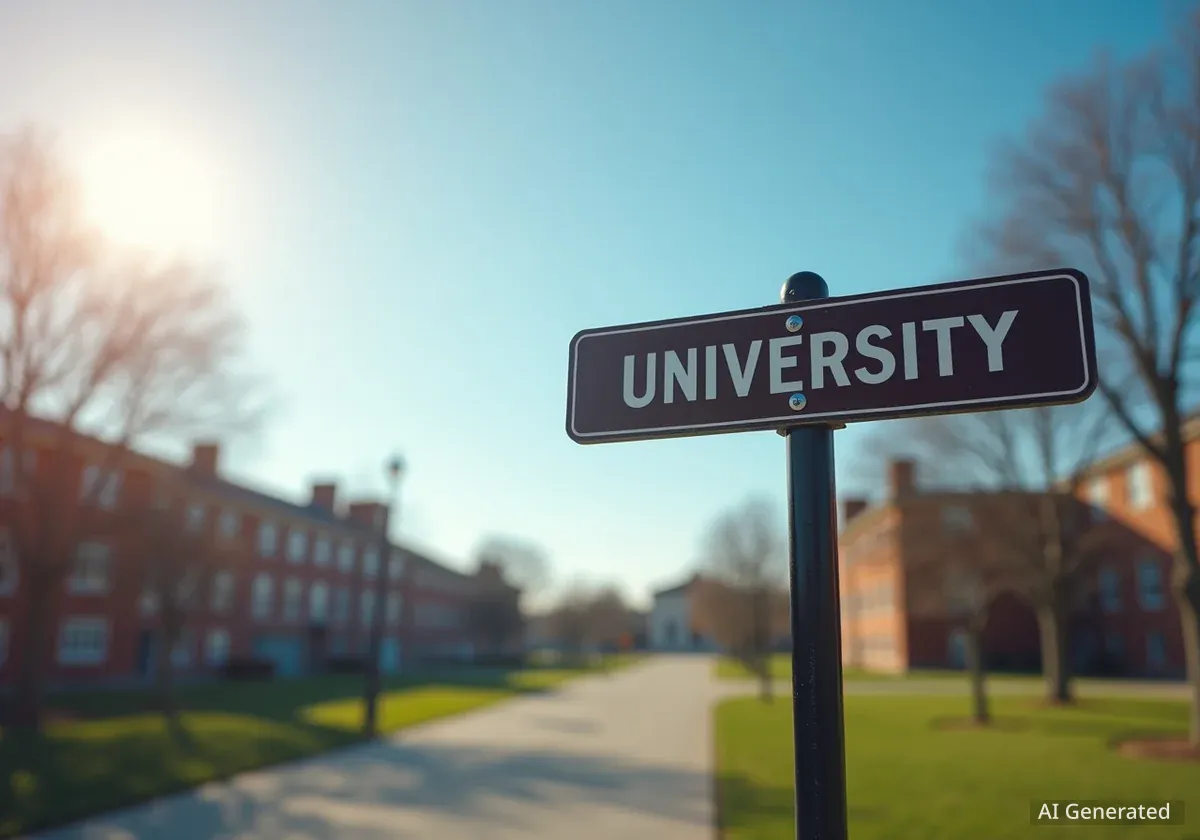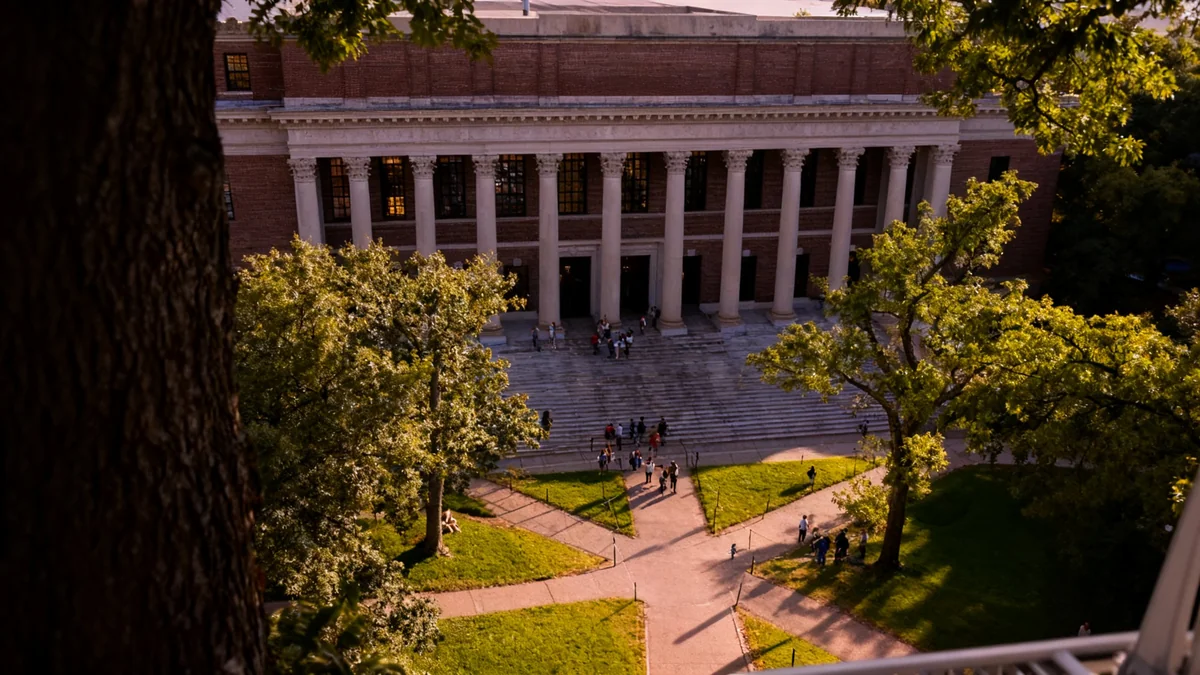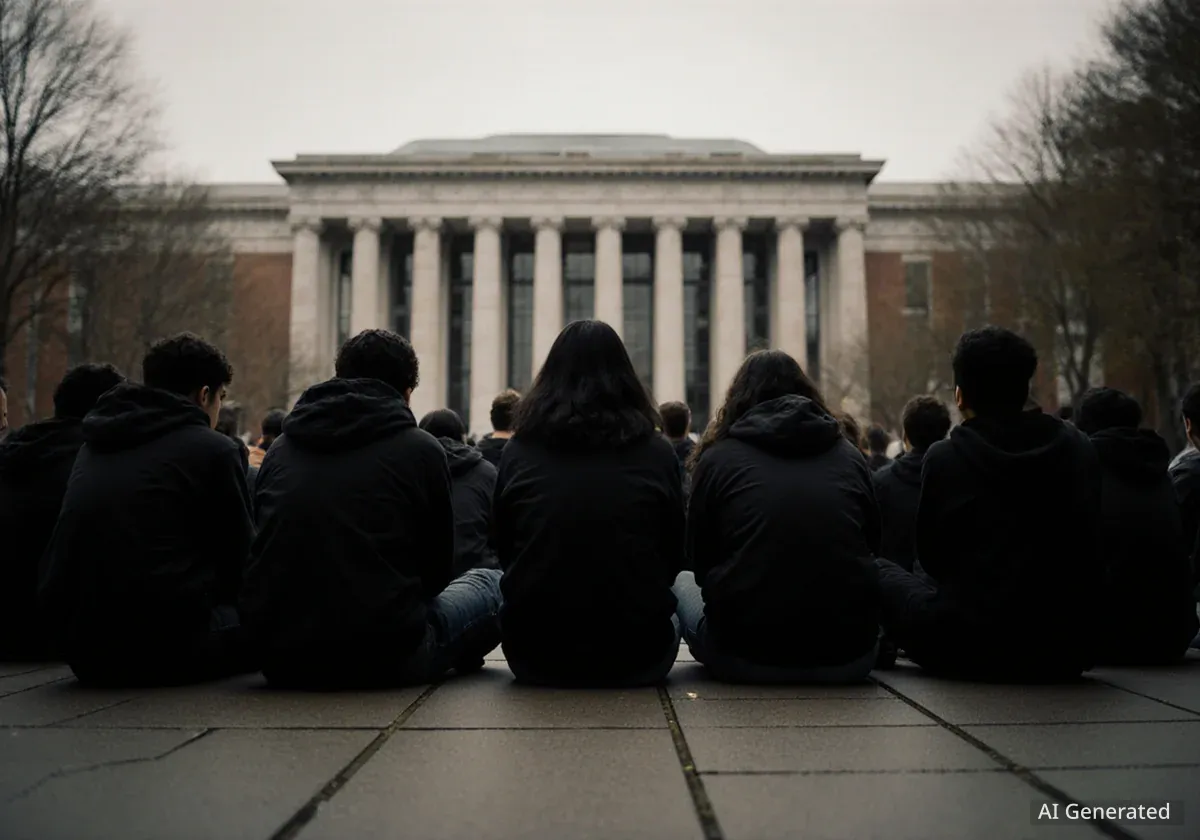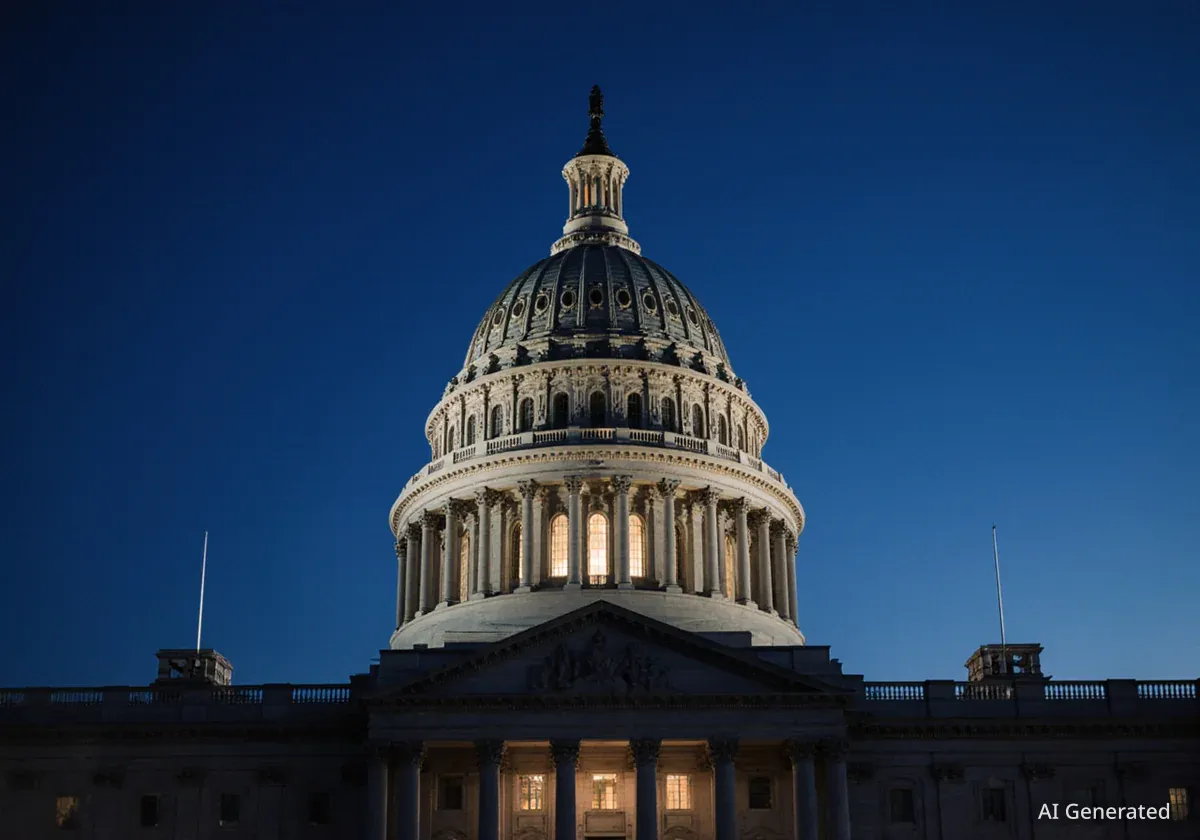A new bill introduced in the Florida House of Representatives proposes to withhold state funding from 40 public colleges and universities if they fail to rename a designated roadway on their campuses in honor of the late Charlie Kirk. The legislation, known as House Bill 113, sets a strict 90-day deadline for compliance.
Key Takeaways
- Florida House Bill 113 mandates 40 state colleges and universities to rename a campus road for Charlie James Kirk.
- Institutions that do not comply within 90 days of the bill's effective date would have their state funding withheld.
- The bill was filed by Republican Representative Kevin M. Steele on October 7.
- The proposal follows recent local honors for Kirk in Marion County, which faced some public opposition.
Details of House Bill 113
Florida House Bill 113 was officially filed on Tuesday, October 7, by Representative Kevin M. Steele, a Republican representing the 55th district, which includes parts of Pasco County. The bill's primary objective is to compel every state university and institution within the Florida College System to honor Charlie James Kirk through roadway redesignations.
The legislation explicitly links compliance with state funding. Should a university's board of trustees fail to act within the specified timeframe, the institution would be cut off from state financial support until the renaming is completed. This measure would impact a wide range of public higher education institutions across the state.
40 Institutions Targeted
The proposed legislation lists a total of 40 public colleges and universities that would be subject to the road renaming requirement. This includes major institutions such as the University of Florida, Florida State University, and the University of South Florida.
The bill's text is direct in its financial penalty. It states that state funds will be withheld for the entire duration of non-compliance, applying significant pressure on the institutions to adopt the changes quickly if the bill becomes law.
Specific Mandates and Local Impact
House Bill 113 provides precise instructions for several colleges, removing any ambiguity about which roadways are to be renamed. For the College of Central Florida in Ocala, the bill requires the redesignation of Southwest 26th Street as "Charlie James Kirk Street."
Similarly, Lake-Sumter State College in Leesburg is directed to rename College Drive to "Charlie James Kirk Drive." These specific examples highlight the granular level of detail included in the proposed legislation for institutions across Florida.
"State funds shall be withheld from any state university of Florida College System institution whose board of trustees fails to redesignate the roadway or portion of a roadway listed... within 90 days after the effective date of this act," reads a key section of the proposed bill.
The financial implications of non-compliance could be substantial for these institutions, as state appropriations often constitute a significant portion of their operating budgets. The withholding of these funds could affect everything from academic programs and faculty salaries to student services and facility maintenance.
Context of the Bill and Public Response
The introduction of HB 113 coincided with local efforts in Marion County to honor Charlie Kirk. On the same day the bill was filed, officials in Ocala and Marion County proclaimed October 14 as "Charlie Kirk Day." The Marion County Board of County Commissioners also dedicated a local roadway in his name.
Who Was Charlie Kirk?
The bill seeks to honor Charlie Kirk, a religious activist who was assassinated while speaking at a university in Utah. His death prompted various memorial efforts, including prayer vigils and the proclamations in Marion County that preceded this statewide legislative proposal.
However, the local measures were not without controversy. During the government meetings where the proclamations were approved, several local residents and religious leaders voiced their opposition to the honors. This suggests that the statewide proposal may also generate significant public debate as it moves through the legislative process.
The Legislative Path Forward
Now that Representative Steele has sponsored the bill, it will enter the standard legislative review process. This multi-stage journey determines whether a proposal becomes state law.
The process involves several key steps:
- Committee Review: The bill will first be assigned to relevant committees within the Florida House of Representatives for review, discussion, and potential amendments.
- House Floor Vote: If it successfully passes through the committees, the bill will be presented to the full 120-member House for a vote. It requires a simple majority of 61 votes to pass.
- Senate Vote: If approved by the House, the bill moves to the Florida Senate. There, it will undergo a similar committee review process before being voted on by the 40-member chamber. A simple majority of 21 votes is needed for passage.
- Governor's Approval: A bill that passes both the House and the Senate is then sent to the governor's desk for final approval. The governor can sign it into law, veto it, or allow it to become law without a signature.
This entire process can take several weeks or even months, depending on the legislative calendar and the level of debate the bill generates at each stage. The future of state funding for Florida's public colleges could be directly influenced by the outcome of these votes.





